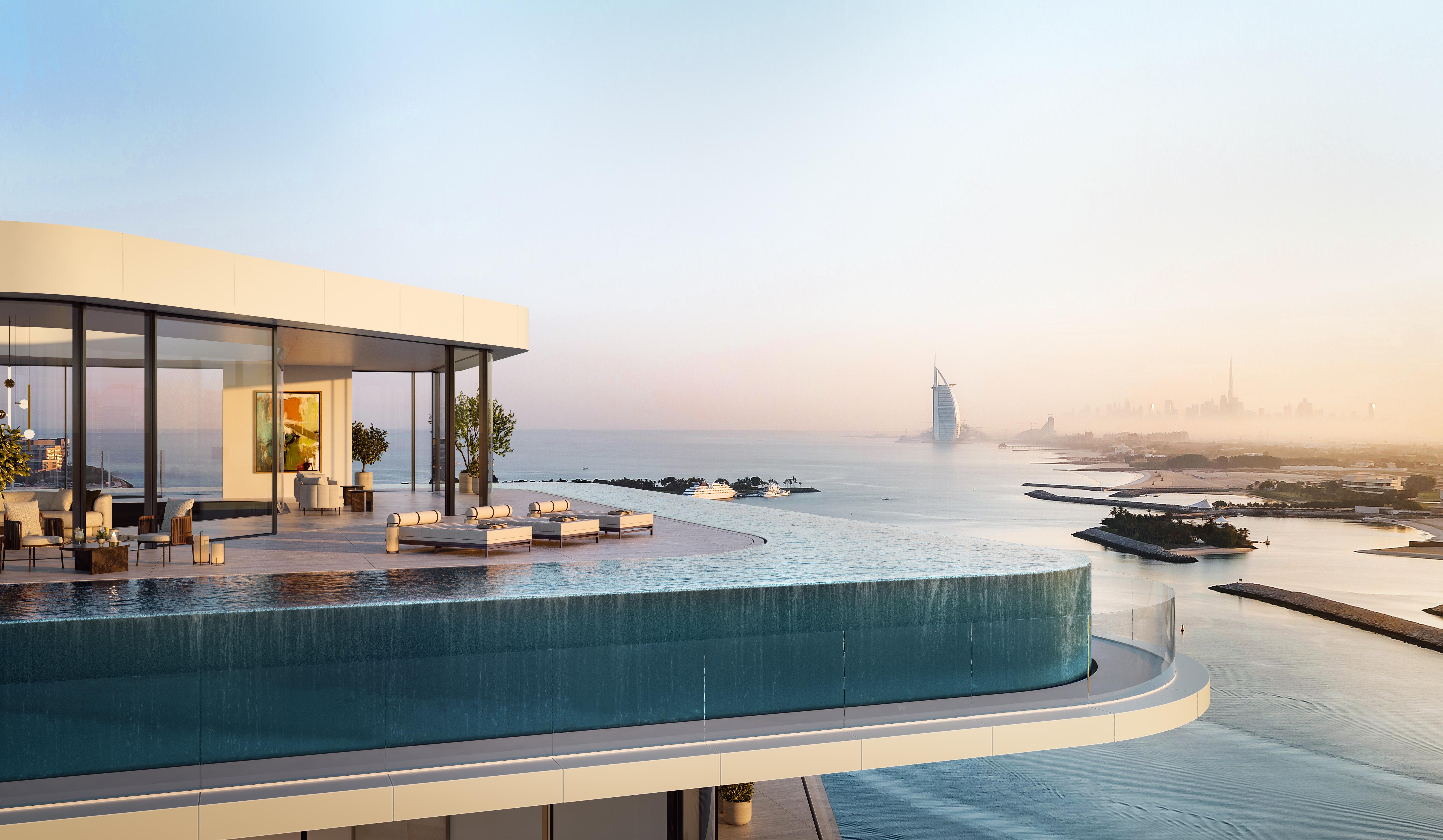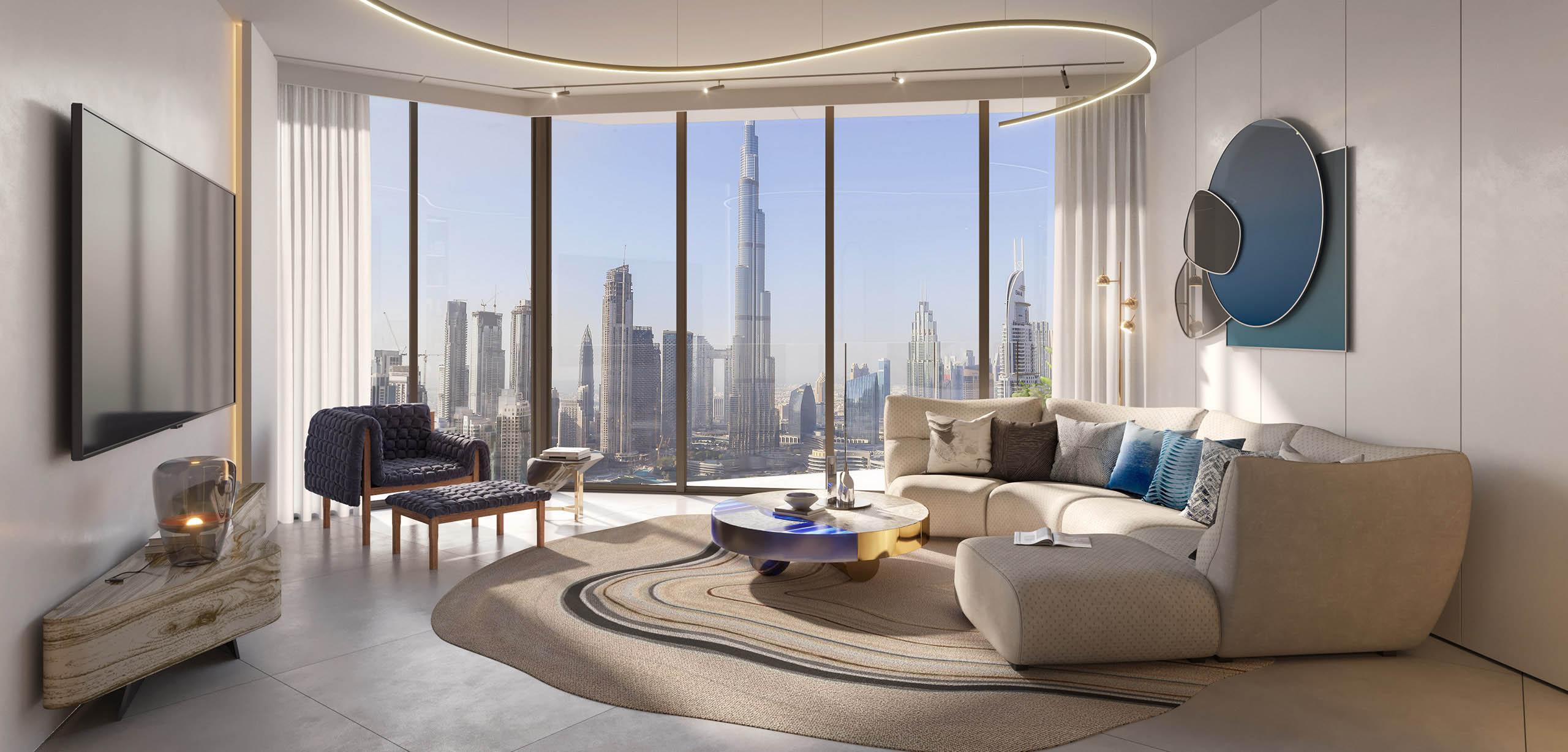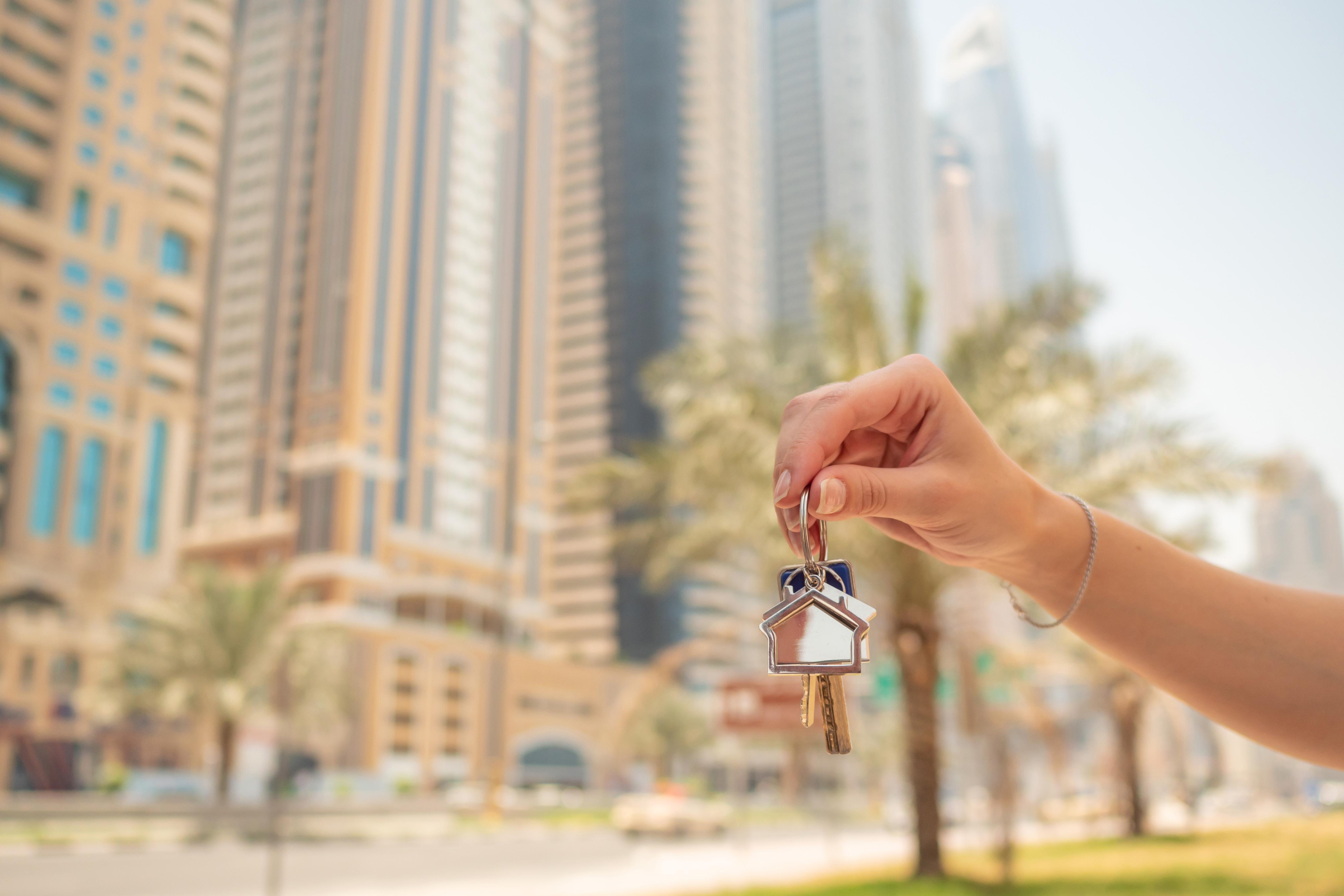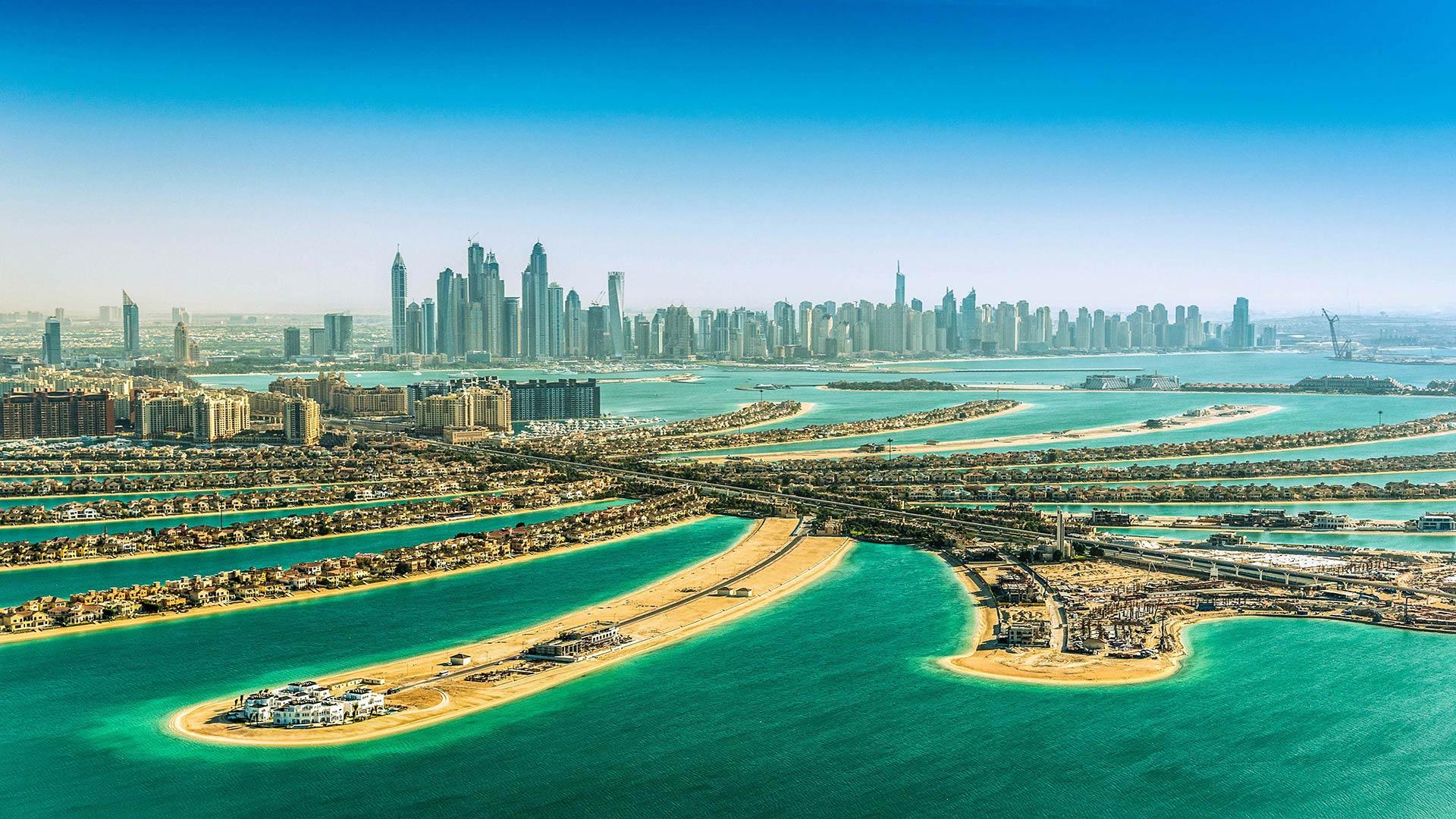In 2025, the Dubai real estate market continues to show steady growth and consistent interest from foreign investors and expatriates. The emirate has long been one of the top destinations for relocation, setting up a business and long-term residence. However, many people planning to settle in Dubai inevitably ask themselves: should they rent or buy property? Both options have their own characteristics, advantages and nuances, particularly in light of current trends in the UAE market.
So, why is real estate in Dubai in such high demand?
Dubai is not just a centre for tourism and luxury. It is also a metropolis with a stable economy, a high level of security, modern infrastructure and attractive living and business conditions. There is no personal income tax, the legal system is transparent, and the real estate market is open to foreign investors. These factors make Dubai one of the most attractive destinations for long-term residence and investment.
Over the past few years, Dubai has become a global hub for professionals, entrepreneurs and families seeking stability, a favourable climate and a high standard of living. Demand for housing is growing not only from tenants, but also from buyers looking to settle in the emirate for many years or to diversify their investment portfolio.

When is renting the best solution?
For those who have just moved to the UAE or are unsure of the length of their stay, renting is often the most convenient option. This is particularly pertinent for newcomers who wish to acclimatise to life in the emirate and explore the area before committing to a purchase. The flexibility, minimal initial investment and ease of registration involved make renting an attractive option, particularly if you plan to stay for less than two to three years.
Dubai's rental market offers a wide range of properties to suit all tastes, from business centre studios to luxury Palm Jumeirah villas. Many apartments are furnished and serviced, which is particularly convenient for new arrivals. Short-term rentals are also becoming increasingly popular with digital nomads, project specialists and entrepreneurs who often travel between countries.
However, it is worth bearing in mind that rental rates in Dubai continue to rise. In some areas, rents have increased by 20–30% over the past two years. This is particularly noticeable in popular, densely populated areas with developed infrastructure and access to the best schools and beaches. Therefore, for long-term stays, renting may not be the most financially advantageous option.
Advantages of renting property in Dubai include:
The main advantages of renting property in Dubai include:
- Flexibility: you can quickly change neighbourhoods and types of housing without being tied to a specific property. This is ideal for those who have just moved and have not yet decided on their preferences.
- No large upfront costs: to rent, you only need to pay a deposit (usually 5%) and the first year's rent. There are no registration, tax, maintenance or furnishing costs.
- You can access premium housing without having a million dollars in your pocket — for $3,000–$5,000 per month, you can rent an apartment or villa in a prime location in Palm Jumeirah, Dubai Marina or Downtown Dubai.
- Renting is ideal for short stays — if you are coming to Dubai for a few months, it is the best option.
Disadvantages of renting property in Dubai:
The main disadvantages of this option include:
- Wasted payments — you are not building equity, just spending money.
- Dependence on the owner — price increases and restrictions on remodelling or decorating.
- Rising rents: in 2023–2025, rents in Dubai rose by more than 20% in a number of areas.
- You have no right to a residence permit unless you invest through other channels.

Buying real estate is a long-term investment
Buying a home in Dubai solves the housing problem and is an investment in the future. Property owners are eligible for a residence visa and can register a business and open a bank account. They also enjoy all the benefits of local legislation. Currently, the minimum investment required for residency is 750,000 dirhams. With an investment of 2 million dirhams or more, you can apply for a 'golden visa' valid for 10 years.
Investors also receive a stable source of income. On average, rental properties generate a return of 6–8% per annum, which is significantly higher than in most European capitals. Furthermore, properties purchased during the construction phase often appreciate by up to 30% by the time the project is completed. This makes buying particularly attractive for those who view Dubai as an investment destination.
As well as the financial benefits, property owners have control over their homes. This is particularly important for families who want to furnish their homes to their taste, live in the same neighbourhood for many years and feel secure about the future. Security of housing, independence from landlords and complete freedom to dispose of your property are significant arguments in favour of buying.
Advantages of buying real estate in Dubai
The main advantages are:
- Full ownership of the asset: foreign citizens can purchase real estate in free zones and designated freehold zones with full ownership rights. Ownership is registered with the Dubai Land Department and the owner receives a Title Deed (certificate of ownership).
- Permanent registration and the possibility of obtaining a 'golden visa' — purchasing real estate worth 750,000 dirhams (approximately $204,000) entitles you to a UAE resident visa for 2–10 years (depending on the investment amount). This is an excellent opportunity for relocation, tax optimisation and doing business.
- Passive rental income: In Dubai, you can earn high rental income, especially in areas with developed infrastructure such as Downtown, Dubai Marina and Business Bay. The popularity of short-term rentals (Airbnb) allows you to earn above-average profits.
- Inflation protection and value growth: In a growing market, buying property is a way to preserve and grow your capital. For example, housing prices in Dubai rose by an average of 17% in 2024.
- Mortgage availability: Foreigners can take out mortgages from local banks at an interest rate of 4–5% per annum, requiring a down payment of 20–25%.
Disadvantages of buying real estate in Dubai
- Despite the impressive list of advantages, buying real estate in Dubai also has its drawbacks. These include:
- High down payment, especially when buying premium properties.
- Annual operating costs, including service fees (from AED 10 to 50 per m²), insurance and resale taxes (4% of the property's value).
- Liquidity risks — resale may take time.
- Higher legal and financial responsibility compared to renting.

So, where is the best place to buy or rent property in Dubai?
One of the best areas is Downtown Dubai, the city's central district, which has high liquidity and premium properties. Dubai Marina attracts buyers with its panoramic views and high rental demand. Business Bay is distinguished by its strategic location and stable growth potential. Jumeirah Village Circle offers the optimal balance between property prices and rental yields. Palm Jumeirah, the legendary palm-shaped island, remains the choice for those seeking prestige and status, as well as high-calibre tenants.
Dubai Silicon Oasis is a popular rental area, offering affordable prices and family-friendly infrastructure. The Al Barsha area is a convenient place to live thanks to its proximity to the metro and major shopping centres. Those who prefer the peace and quiet of the private sector will find Mirdif suitable. Dubai Hills Estate offers modern residential complexes and is ideal for expats looking for comfortable accommodation in an area with well-developed social infrastructure.

Impact of visa and legal status
When choosing between renting and buying property, the visa issue is important. Ownership of real estate entitles you to a residence visa, whereas renting does not. Property owners can also apply for residence visas for their family members, which is particularly relevant for couples with children who are planning for their education, healthcare, and long-term integration into society.
From a legal standpoint, Dubai's real estate market is strictly regulated by government agencies. All transactions go through the Dubai Land Department, and the purchase of real estate is accompanied by the official registration of ownership rights. This creates a high level of trust in transactions and protects the interests of buyers. While rental housing is also regulated by law to protect the rights of tenants, it does not provide long-term guarantees in the event of changes to contract terms or price increases.

Which is more profitable in 2025: renting or buying?
The answer depends on your goals, time frame and financial capabilities. If you are planning to live in Dubai temporarily and want to explore the market and adapt, renting is the best solution. It gives you freedom and flexibility and reduces start-up costs.
However, if you are considering the emirate as your new home and are looking to preserve your capital, earn rental income or settle in the UAE for years to come, buying real estate will open up significantly more opportunities. This will be especially true in 2025, when the market is expected to show steady growth and the Dubai government will continue to introduce measures to stimulate investment in the real estate sector.

Whether to rent or buy property in Dubai is a strategic decision that should take personal circumstances, goals and lifestyle into account. Dubai offers a high quality of life, developed infrastructure, a stable economy and a transparent legal system, making both renting and buying attractive options. However, due to growing demand, attractive returns and government support, buying real estate is becoming an increasingly popular choice for those with long-term plans in the emirate.
Read also:

